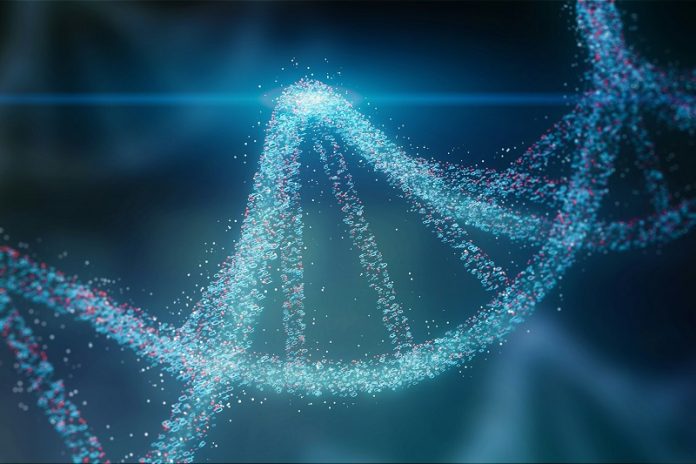
Scientists at the Garvan Institute of Medical Research have made an important discovery about how some gene changes can lead to both cancer and autoimmune diseases.
Their study found that certain genetic mutations linked to leukemia can also cause the body’s immune system to go wrong and attack healthy cells. This may help explain why some people with leukemia also develop other illnesses like rheumatoid arthritis or aplastic anemia.
Our immune system is supposed to protect us by fighting off harmful germs and abnormal cells. A special kind of immune cell called a killer T cell plays a big part in this defense. But the researchers found that when there are changes in a protein called STAT3, these T cells stop behaving normally.
Instead of defending the body, they turn into “rogue” cells that grow out of control and start attacking healthy parts of the body. This kind of misdirected attack is what causes autoimmune diseases.
In cancer, like leukemia, harmful cells escape the immune system and grow into tumors. In autoimmune diseases, the immune system mistakenly thinks healthy cells are dangerous. Scientists had noticed that these two conditions can happen in the same people, but until now, they didn’t fully understand why.
To learn more, the research team studied blood samples from children who had rare inherited autoimmune diseases. They also used a powerful gene editing tool called CRISPR to study mice. This helped them see what happens to immune cells when the STAT3 gene is changed.
They discovered that just a small number of these faulty killer T cells—only about 1 to 2 percent—can cause autoimmune diseases. These rogue cells grow larger and ignore the body’s normal safety checks that usually keep the immune system under control.
This discovery could lead to better and more personalized treatments. For example, there are already medications called JAK inhibitors approved for use in Australia. These drugs might work better for some patients if doctors know they have the specific STAT3 gene mutation.
The scientists also found two other cell signaling systems related to stress that affect how immune cells talk to each other. This gives more insight into how the immune system works and how it sometimes goes wrong.
In the future, doctors might be able to screen a person’s blood to find these rogue immune cells before they cause damage. By understanding the genetic changes behind these diseases, researchers hope to prevent or treat them more effectively.
The study was led by Dr. Etienne Masle-Farquhar and published in the journal Immunity. It opens the door to new ways of thinking about cancer and autoimmune diseases—and how both may be connected by the same underlying problem in the immune system.
For more information about cancer, please see recent studies that plant-based diets may reduce risk of colorectal cancer in men, and Low-fat diet may help stop cancer growth.
For more information about cancer, please see recent studies about How to harness the power of anti-cancer foods and supplements and results showing that Empower your plate: cancer-fighting foods and recipes.
Copyright © 2025 Knowridge Science Report. All rights reserved.



